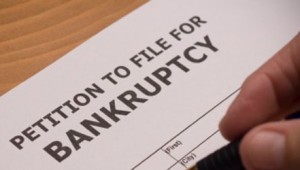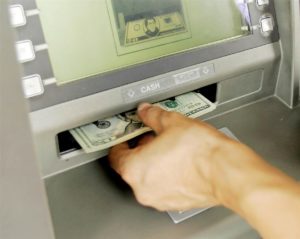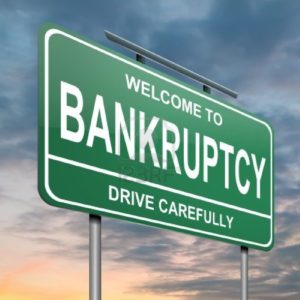 Today’s top story: Only 1 in 10 Americans are at Peak Financial Health. Also in the news: How to dodge stock market scams, when a tax refund means bankruptcy, and millennial parents face the reality of baby costs.
Today’s top story: Only 1 in 10 Americans are at Peak Financial Health. Also in the news: How to dodge stock market scams, when a tax refund means bankruptcy, and millennial parents face the reality of baby costs.
Only 1 in 10 Americans at Peak Financial Health
Where Americans are falling short.
How to Dodge Stock Market Scams
Protecting your investments.
When a Tax Refund Means Bankruptcy
Using a refund as a budget tool or a chance at a fresh start.
Millennial parents face the reality of baby costs
Babies are both adorable and expensive.
 Today’s top story: There’s still time to make an IRA contribution for 2016. Also in the news: FAFSA tool outage, 4 money lies you might be telling yourself, and when a tax refund means bankruptcy.
Today’s top story: There’s still time to make an IRA contribution for 2016. Also in the news: FAFSA tool outage, 4 money lies you might be telling yourself, and when a tax refund means bankruptcy. Today’s top story: Careers that can help you conquer your student debt faster. Also in the news: What a good credit card company will offer people with bad credit, how to pay for bankruptcy when you’re broke, and five apps that automate your money.
Today’s top story: Careers that can help you conquer your student debt faster. Also in the news: What a good credit card company will offer people with bad credit, how to pay for bankruptcy when you’re broke, and five apps that automate your money. Today’s top story: What to know about credit counseling for bankruptcy. Also in the news: What to do when your ATM spits out counterfeit money, how your state department of insurance can be of assistance, and what to look out for when donating to Hurricane Matthew victims.
Today’s top story: What to know about credit counseling for bankruptcy. Also in the news: What to do when your ATM spits out counterfeit money, how your state department of insurance can be of assistance, and what to look out for when donating to Hurricane Matthew victims. Today’s top story: Protecting your kids and your data while playing Pokemon GO. Also in the news: Bankruptcy means test, the hidden student loan cost no one talks about, and what to do when you’ve been dumped by your bank.
Today’s top story: Protecting your kids and your data while playing Pokemon GO. Also in the news: Bankruptcy means test, the hidden student loan cost no one talks about, and what to do when you’ve been dumped by your bank.  Today’s top story: Dispelling bankruptcy myths. Also in the news: The dangers of credit card checks, the fine print of your car and home insurance, and why many Americans still struggle with credit.
Today’s top story: Dispelling bankruptcy myths. Also in the news: The dangers of credit card checks, the fine print of your car and home insurance, and why many Americans still struggle with credit.